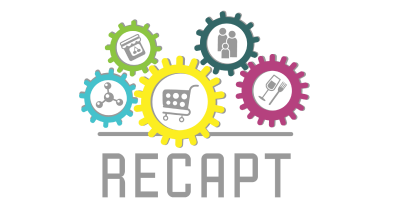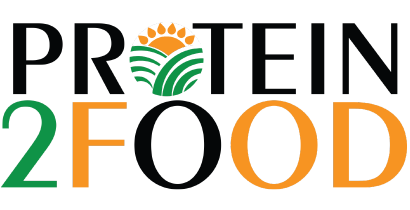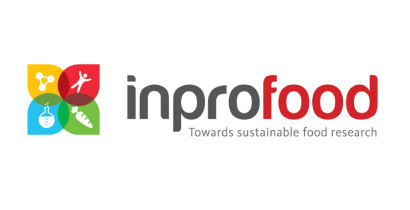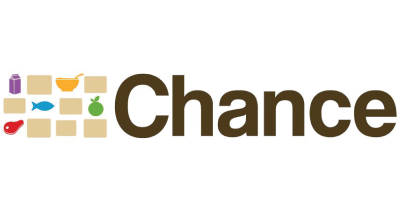Diversification of fish species and products in European aquaculture (DIVERSIFY)
Last Updated : 01 December 2013The European aquaculture industry has the potential to be a competitive player in the European and global seafood market. However, the sector faces several challenges, including strong competition by foreign imports, a variety of biological bottlenecks that impact the production of fish species and a poor perception of aquaculture-derived products amongst European consumers. The expansion of the European aquaculture sector is strongly advocated as an alternative to the exploitation of capture fisheries, which have reached their maximum sustainable yield in Europe. DIVERSIFY is a five-year project which aims to expand the European aquaculture industry, by overcoming bottlenecks to the production, marketing and consumption of new/emerging European cultured aquatic food.
Introducing new species:
Six new/emerging finfish species have been identified based on their fast growth rate/large size. These include meagre (Argyrosomus regius), greater amberjack (Seriola dumerili), wreckfish (Polyprion americanus), Atlantic halibut (Hippoglossus hippoglossus), grey mullet (Mugil cephalus) and pikeperch (Sander lucioperca). These species originate from a variety of different climates and environments within the European geographic area and have proven biological and economic potential to be converted into value-added products, which will be attractive to markets and consumers.
DIVERSIFY’s research:
The project will undertake multidisciplinary research across a number of different scientific disciplines, in order to overcome the existing barriers to the sustainable growth of the industry.
DIVERSIFY has two main objectives:
1. To stimulate the production of new/emerging species for different aquaculture systems by overcoming documented bottlenecks for the production of these species.
To achieve this, biological research will be carried out in the six selected finfish species, in the areas of reproduction and genetics, nutrition, larval rearing for juvenile fish production, on-growing of juveniles to market size, fish health and final product quality. This research will provide the methods needed to stimulate the commercial production of different aquaculture species, which can then supply the European consumer with high quality, nutritious and healthy aquatic products.
2. To develop new, sustainable and value-added commercial products which will be attractive to European consumers, as well as new marketing approaches that will establish the European aquaculture industry as a leader in aquatic food production, and reduce EU imports from third countries, often of questionable quality.
New product development and socioeconomic research will be carried out to produce new value-added products from the new fish species. The development of new marketing strategies and working methods to ensure the right positioning of the products obtained from the project against other aquatic food, as well as when faced with different sources of protein, should change the perception of aquaculture products amongst European consumers.
Expected outcomes and results:
The knowledge gained and techniques developed by the project would enable the solid expansion of the European aquaculture sector through the diversification of production with these new/emergin fishes. The new species and developed value-added food prototypes will be tested for their health and safety, shelf life, preservation and market success. Additionally, business plans will be developed for each species in order to support the commercialisation of the products. The long-term objective of DIVERSIFY is to provide support for an efficient, sustainable and market-oriented expansion of the European aquaculture sector.
About the consortium:
This five-year-long project (2013-2018) comprises 38 partners from 12 European countries – including nine small or medium-sized enterprises (SMEs), three large enterprises, five professional associations and one consumer non-governmental organisation (NGO). It is coordinated by Dr. Constantinos C Mylonas from the Hellenic Center for Marine Research, in Greece.
For more information, visit www.diversifyfish.eu
DIVERSIFY (Enhancing the European aquaculture by removing production bottlenecks of emerging species, producing new species and accessing new markets) is funded under the European Commission’s Seventh Framework Programme (KBBE-2013-GA No 603121).



